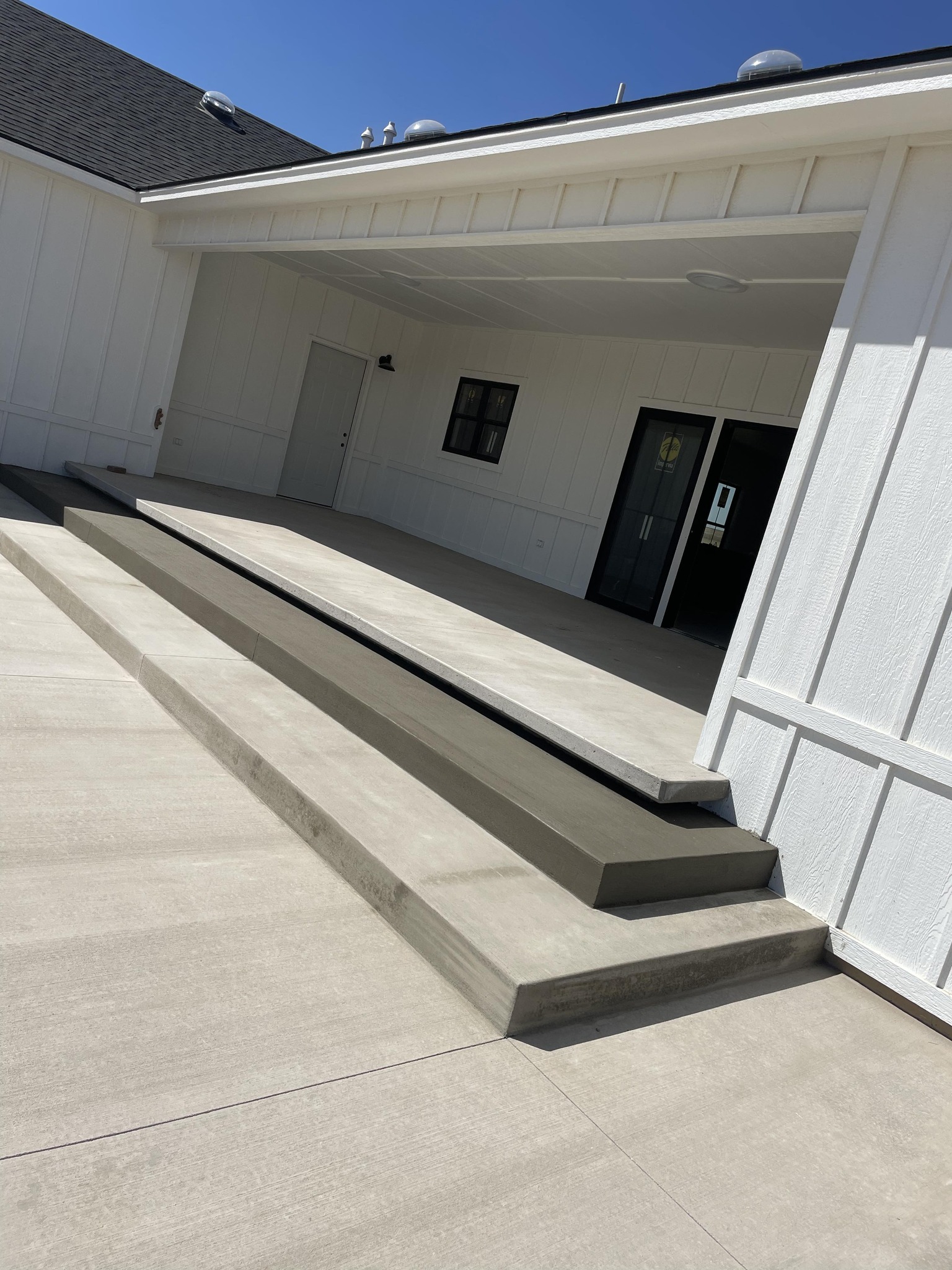
Expert Tips for Maintaining Your Concrete Driveway Year-Round Oct 08, 2025
To begin with, regular cleaning is crucial. Dirt, leaves, and debris can accumulate on your driveway, leading to stains and surface damage. Start by sweeping away loose debris with a sturdy broom. For a deeper clean, use a pressure washer to remove stubborn stains. Be cautious about the pressure setting to avoid damaging the surface. A gentle power wash every few months can keep your driveway looking pristine.
Sealing your concrete driveway is another significant step. A high-quality sealer acts as a protective barrier against moisture, chemicals, and wear. Ideally, you should apply a sealer every few years; however, frequency can vary based on climate and traffic. Always choose a reputable brand and follow the manufacturer's instructions for the best results. Sealing is particularly crucial in areas prone to freeze-thaw cycles, which can cause cracks.
Speaking of cracks, addressing them promptly is vital. Over time, small cracks can develop due to weather changes, heavy loads, or natural settling. Inspect your driveway regularly and repair any cracks you find using a concrete patching compound. Ignoring these minor imperfections can lead to more extensive damage, compromising the driveway's structural integrity.
Winter months pose additional challenges for maintaining your concrete surface. Avoid using harsh de-icing chemicals like ammonium nitrate and ammonium sulfate, which can corrode concrete. Instead, opt for sand or kitty litter, which provide traction without causing harm. Shoveling snow promptly is also essential. Use a plastic shovel to prevent scratching the surface, and clear snow as it accumulates to minimize ice formation.
Summer heat can also take a toll on concrete. To protect your driveway during these hotter months, consider periodic watering to reduce temperature fluctuations and prevent cracks caused by excessive dryness. Watering your driveway on hot days helps maintain a consistent temperature, which is beneficial for its longevity.
Furthermore, avoid parking heavy loads in the same spot. Consistently placing heavy vehicles in one area can lead to uneven wear and stress-induced cracks. If possible, distribute weight by alternating parking spots. This simple practice can extend the life of your driveway by preventing localized pressure points.
Lastly, planting trees or shrubs with extensive root systems near your driveway can lead to significant issues. Roots can cause substantial upheaval and cracking in concrete surfaces. Keep landscape elements positioned far enough from your driveway to avoid future complications.
In conclusion, a well-maintained concrete driveway can remain a functional and attractive feature for years to come. By following these expert tips, you can ensure your driveway withstands the elements and continues to serve your home effectively. For further assistance or professional maintenance, trust J&G Concrete LLC to provide the quality care and guidance you need. Let us help you keep your concrete driveway in excellent condition all year round.
/filters:no_upscale()/filters:format(webp)/media/5e7dde85-a2d4-45ef-a523-5f5a2d273e3b.jpeg)
/filters:no_upscale()/filters:format(webp)/media/c1437c6e-17d0-45c0-adab-b4d43581e6f1.jpeg)